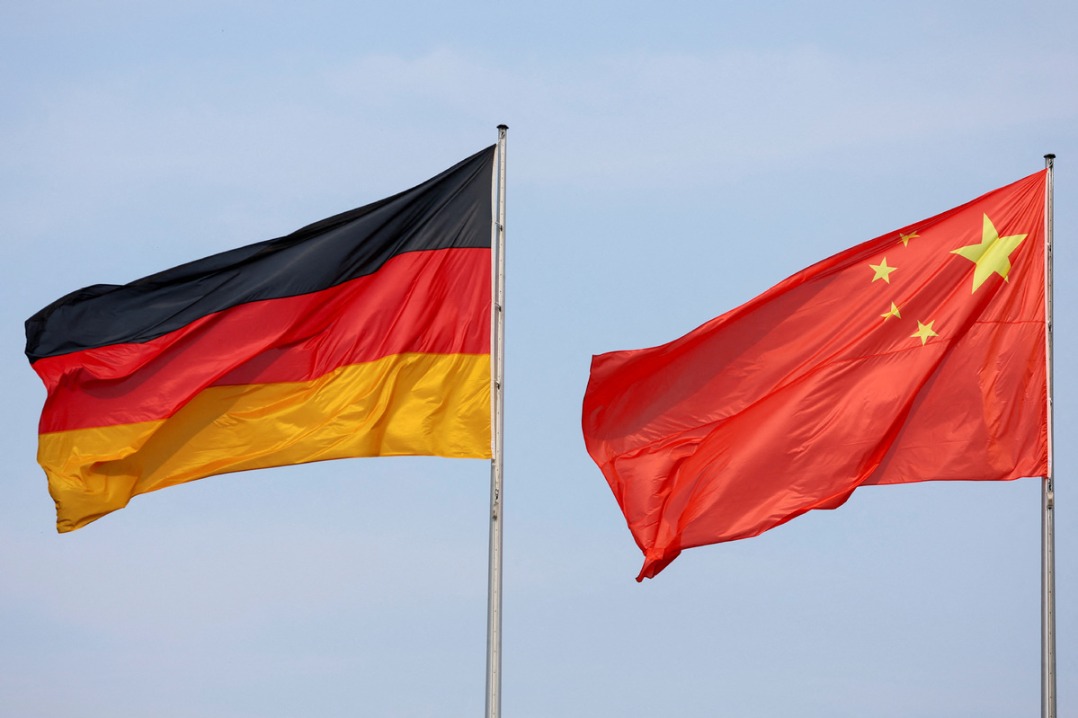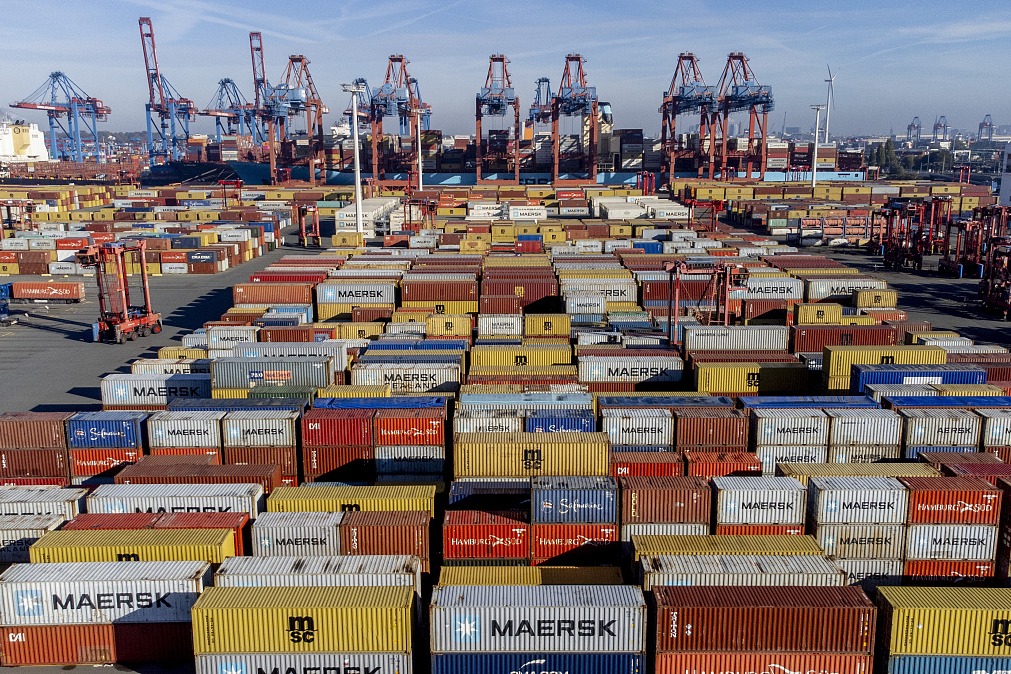A different story - China running colossal deficit in service sector

As trade tensions between China and the United States continue to evolve, politicians, economists and trade experts tend to focus on China's huge surplus in goods trade with the US. But looking at the trade in the service sector, the data tell a different story about the bilateral commercial relationship.
China has been a big buyer of international services. Last year, the country's service trade deficit hit a new high of 1.62 trillion yuan ($257 billion), with tourism, transportation, intellectual property right fees and insurance and elderly care services among the top areas that generated the deficit.
The US has been the biggest source of China's service trade deficit. In 2016, China had a service trade deficit of $55.7 billion with the US, nearly 40 times compared with the figure in 2006.
The steady rise of the disposable income of Chinese families and the appreciation of the yuan have led to massive spending by Chinese consumers in areas such as outbound tourism, overseas education, films and entertainment.
For instance, the US is one of the most popular destinations for Chinese tourists who spent an average of $13,000 per person there in 2016. The country has also been the top destination for Chinese students, with each student spending an average of about $45,000 in 2016, according to the Ministry of Commerce.
Wang Zhe, an analyst at Central China Securities Co Ltd, expected China to continue witnessing a large service trade deficit with the US in the coming years as domestic family income continues to rise and the Chinese currency grows stronger.
Li Yong, a researcher at the China Association of International Trade, said China's service trade deficit could be a subject of the negotiation to address the imbalance of China-US trade and any policy changes in visa applications or bilateral investment may also hurt the service trade between the two countries.
"The US seems to have ignored that the moves aimed to reduce China's goods trade surplus with the US may reduce the US' surplus with China in service trade," he said.
Despite the deficits, China has pledged to further open its service industry to foreign companies and investors.
In the next round of opening-up, the country will grant foreign companies and investors greater access to sectors including financial service, telecommunication, healthcare and education, and will loosen restrictions on foreign ownership in the banking, securities, fund and futures sectors, according to Vice-Minister of Commerce Wang Shouwen.
The country has also launched pilot programs in the free trade zones, which fully opened to businesses including credit rating, accounting, auditing, e-commerce and manufacturing of batteries of electric vehicles and railway equipment to foreign players, according to Wang.
"We will release the detailed timetables and road maps for the opening of the financial sector and the markets of electric vehicles and gas stations in the next step," Wang said at a recent economic forum in Beijing.
MOST POPULAR
- 1 Things to know about China Intl Consumer Products Expo 2024
- 2 China tops FDI confidence index of emerging markets
- 3 China specifies steps to improve payment services in tourist attractions
- 4 Low-altitude economy set to take off
- 5 China's immigration service platform receives over 10m calls from home, abroad
Editors' Picks
 Infographic:
A look at China's economy in Q1 of 2024
Infographic:
A look at China's economy in Q1 of 2024
 Infographic:
China to remove foreign ownership restrictions in value-added telecom services in pilot areas
Infographic:
China to remove foreign ownership restrictions in value-added telecom services in pilot areas
 Infographic:
2023 Sino-German investment and trade in numbers
Infographic:
2023 Sino-German investment and trade in numbers
 Infographic:
China-Germany relations in graphic
Infographic:
China-Germany relations in graphic



